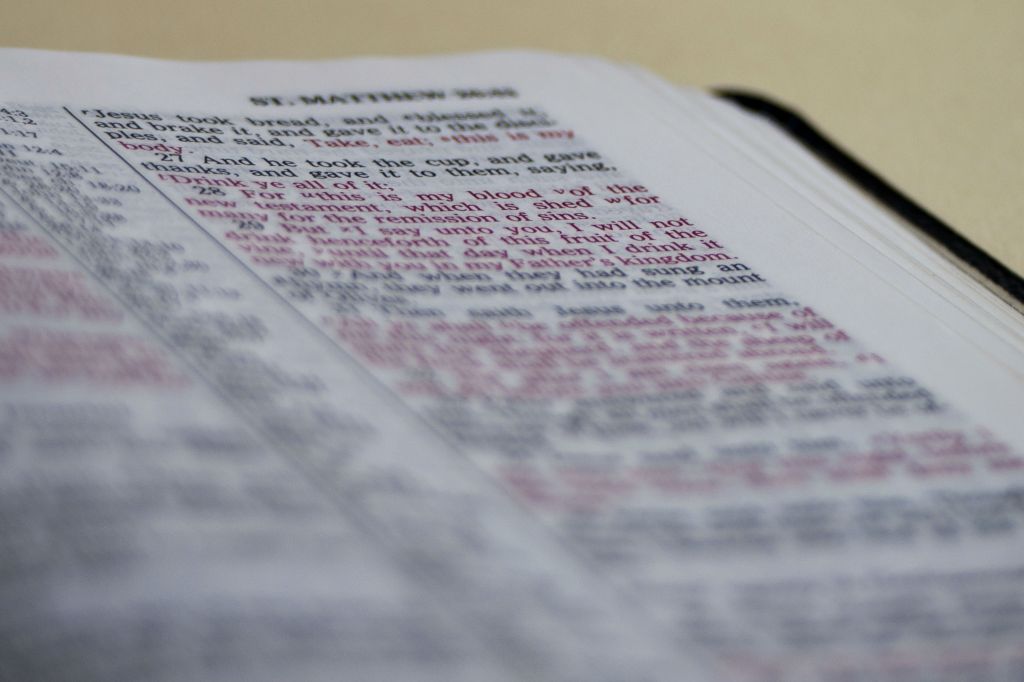Scintillating Syntax

Something about the end of a long, hard stretch in the theatre corrupts my syntax. As a technician, I adapt my language to my surroundings. Everyone does it, instinctively. Parents babble baby talk to their infant children, primary school teachers are careful not to swear, soldiers bark and atheists speak softly in church. Language, like so many other aspects of our lives, is a tool often used for conformity. You wouldn’t walk into a biker’s bar and announce to all present, ‘I say, my good man, where may I find the wash room?’ Nor would you strut into the Carlton Club and say, ‘yeah mate, where’d a guy get a piss round here?’ Well, perhaps you might, but only because it’d be really, really funny.
Thus, as a technician, I conform. I adapt my language to my environment. Which is not to say that technicians don’t talk a very intelligent, witty lingo all of their own. It’s a language of banter and teasing, of dirty gags and in-jokes, full of stories of horrors overcome and that time something happened in such a place at such a time and what a lot of scrubbing it took to get rid of the stain. Earnest conversations are low and private, humorous conversations loud and frequently obscene. As one of the few female technicians in my regular theatre, I am greeted cheerfully by stage and automation crews as ‘luv’ and ‘darlin’ and account both something of an honour, where if met by the same sentiment at, say, the LSE, I’d probably roll my eyes and be right to do so.
On those rare occasions I find myself in a taxi, chatting to the driver, I catch myself cutting off consonants and throwing in ‘mate’ at the end of my sentences – not consciously, I swear, it just happens. At the library my talk is low and somber, and at the few posh doos I go to, it’s loud and opinionated, often to an extent that I shock and depress myself. Strong opinions in others stir up strong opinions in myself, sometimes so strong that I’m surprised to find myself holding them, and occasionally I don’t. Like everyone, I very rarely express myself whole-heartedly in a language that is fully my own, except when writing or to close personal friends.
Therefore, in my days off after a stint in the theatre, it’s always something of a surprise to find my syntax drifting back to what is, I suppose, its natural state. I start really enjoying language again – not just banter and talk, but the actual sound and feel of words. Big words, small words, fat words, thin words, words that take three attempts to pronounce, thesaurus words that get tangled up in subtleties of meaning and twisting, permutated spirals of finer and finer refinement to the last grain of complexity; word games that spin on a twist of a vowel, words that flow and words that jar – all of a sudden language becomes a liberal tool, not confined by social circumstance; a reckless rhythm which can be made to dance to any and every tune. Someone wiser and wittier than me once said that all mankind was branded on the tongue; that our place in the world was stamped on our speech. Words define who we are in any given circumstance – likewise, words can also set us free.






